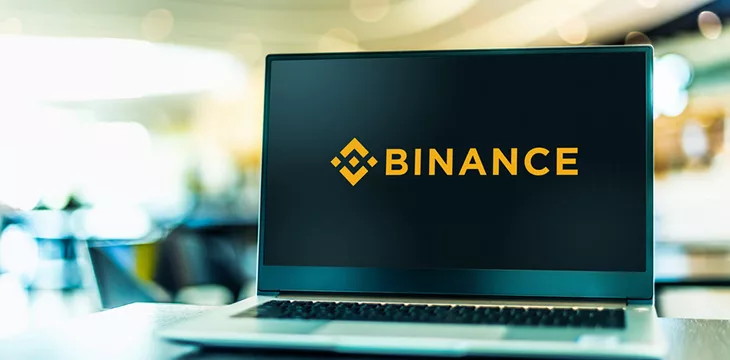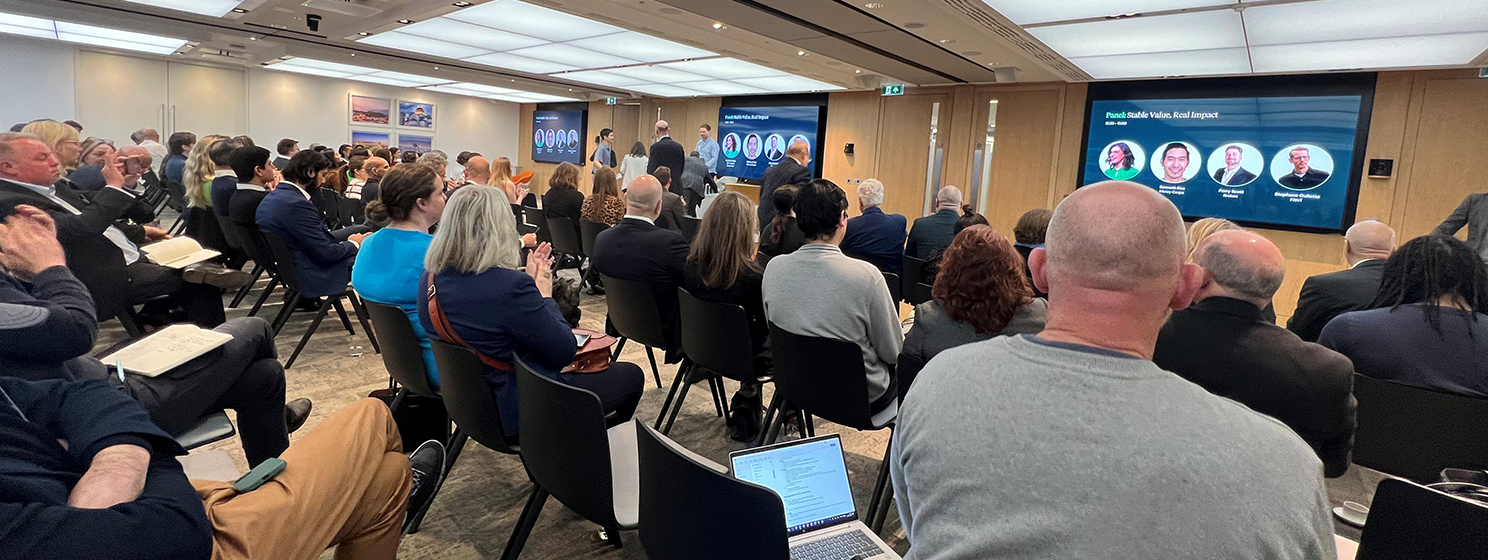|
Getting your Trinity Audio player ready...
|
The latest chapter in the unfolding drama between the U.S. Securities and Exchange Commission (SEC) and Binance.US saw a district judge approve the regulator’s request to unseal key documents in its lawsuit against the embattled exchange.
In court filing on September 15, Judge Zia Faruqui consented to unsealing various case documents, for which access was previously limited to the attorneys involved in the lawsuit. The court ordered numerous exhibits and filings to be unsealed, including the Binance’s Motion for a Protective Order, making them publicly available, some with information redacted.
In its motion to unseal the documents, the SEC said it “does not oppose the sealing or partial sealing of certain documents designated as confidential” and that Binance had “agreed to unseal many of the documents.”
The approval comes after the SEC accused Binance.US of a “lack of transparency” and complained that the company had thus far only produced 220 documents, many of which were “unintelligible screenshots and documents without dates or signatures.”
Meanwhile, Binance has seen a string of high-level executive departures recently.
In July, Binance’s general counsel Han Ng, Chief Strategy Officer Patrick Hillmann, and Senior VP for Compliance Steven Christie informed the company of their impending exit. This came barely a day after Binance.US President Brian Shroder resigned alongside over 100 staff, making up one-third of the company’s employee base, according to a Bloomberg report.
Binance CEO Changpeng Zhao acknowledged Shroder’s departure, saying he was “taking a deserved break after accomplishing what he set out to do” and that Binance.US’s Chief Legal Officer Norman Reed was the right person to lead the company moving forward in “a rapidly evolving and increasingly hostile regulatory environment.”
Background
In June, the SEC sued Binance.US, the U.S.-based subsidiary of Binance, and its founder, Zhao, accusing them of violating securities laws. The 13 charges leveled included operating unregistered exchanges, broker-dealers, and clearing agencies; misrepresenting trading controls and oversight on the Binance.US platform; and the unregistered offer and sale of securities.
The SEC also accused Binance.US and Zhao of engaging in “an extensive web of deception, conflicts of interest, lack of disclosure and calculated evasion of the law.”
At the same time, the regulator filed an emergency application seeking to freeze all of Binance.US’ assets, citing concerns that the company could dissipate customer funds to evade any potential legal judgment.
The SEC claimed it was necessary “given the Defendants’ years of violative conduct, disregard of the laws of the United States, evasion of regulatory oversight, and open questions about various financial transfers and the custody and control of Customer Assets.”
However, on June 17, Binance.US and the SEC reached an agreement that avoided the freezing of exchange assets in return for greater transparency and oversight, according to a consent order. A stipulation of the deal included that Zhao or any entities he owns or controls wouldn’t have access to the funds.
The saga continued in August, with Binance filing a protective order against the SEC, attempting to limit the regulator’s demands for information and witness deposition in the lead-up to the civil trial.
The order was filed with the U.S. District Court of Columbia by BAM Management and BAM Trading Services, and sought to limit the SEC to four depositions from BAM employees and to prevent the depositions of BAM’s chief executive officer (CEO) and chief financial officer (CFO).
For clarity, Binance.US is the American branch of the world’s largest digital asset exchange, Binance. It is subject, in theory, to U.S. regulation and thus has a more restricted offering than its global cousin, which supports more coins with a heavy margin. BAM Management and BAM Trading Services are the U.S.-based holding companies for Binance.US, managing investments and trading services, respectively.
In its protective order filing, Binance claimed that the regulator’s requests for information were “overbroad” and “unduly burdensome.” The motion was referred to Judge Faruqui at a hearing set for September 18.
The SEC hit back on September 14 in a court filing alleging that BAM had produced only 220 documents during the discovery process. The regulator accused Binance of a “lack of transparency” and suggested the company’s current court offerings fell short of ensuring “BAM’s customer assets are not at the mercy” of either Binance or Zhao.
The latest September 15 ruling by Judge Faruqui gave Binance.US seven days, from the date of the unsealing order, to provide the Court with any legal basis for maintaining any documents under seal in whole or in part. It remains to be seen how the company will respond.
Follow CoinGeek’s Crypto Crime Cartel series, which delves into the stream of group—from BitMEX to Binance, Bitcoin.com, Blockstream, ShapeShift, Coinbase, Ripple,
Ethereum, FTX and Tether—who have co-opted the digital asset revolution and turned the industry into a minefield for naïve (and even experienced) players in the market.

 02-23-2026
02-23-2026 




